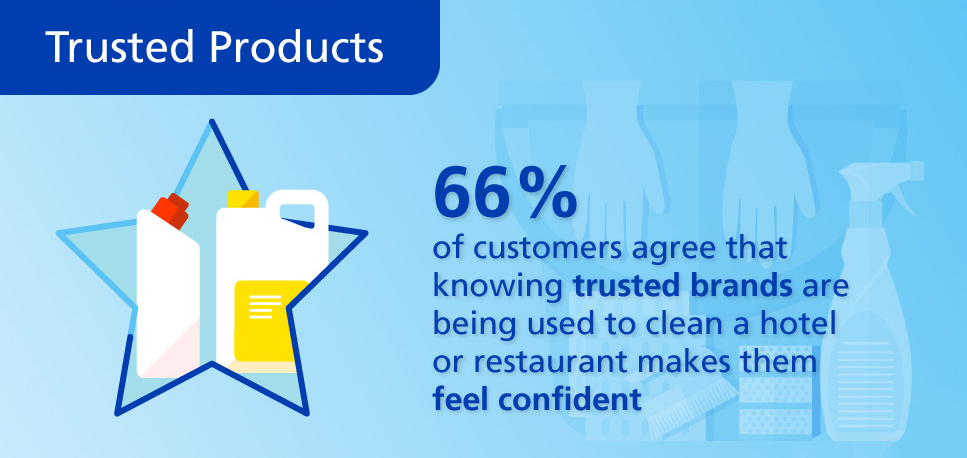Slow service and rude staff are among the aspects of a dining experience most likely to land a restaurant in hot water
One in four Brits has left a restaurant during a meal amid a poor dining experience, it has emerged.
A study of 2,000 diners found 23 per cent have had such an unpleasant time while eating out they have left without even finishing their food.
Slow service and rude staff are among the aspects of a dining experience most likely to land a restaurant in hot water with their customers.
And sticky floors, noisy clientele and grubby toilets are also common bugbears.
Greg Elmore, spokesman for P&G Professional, said: “There are few things which put us off our food faster than dirt, stains and bad smells in a place where we are trying to eat.
“A professional level of hygiene and cleanliness should be at the forefront of the minds of every restaurant owner and member of restaurant staff in the country though, based on these results, we feel this is unlikely to be the case.”
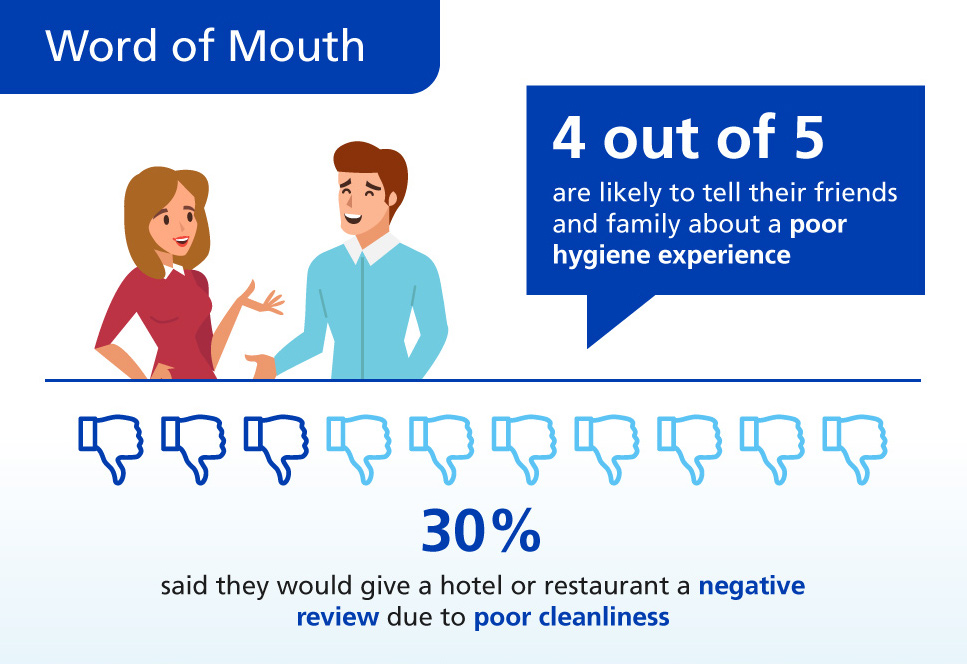
Jasmine Birtles, economics expert and business commentator, added: “The latest interest rate rise and increasing economic uncertainty mean we’re all having to tighten our belts.
”Businesses have to work harder to prove they deserve guests’ money than ever before.
“But it’s not always what’s on the menu that sways us. Cleanliness and hygiene can make all the difference.
“Ensuring every area of an establishment, especially the washroom, is spotless helps build customer confidence and establish relationships meaning that guests are more likely to return.
”Investment in cleaning is an investment in business growth.”
When asked to name the things most likely to make them think a restaurant might not be as nice as they had hoped, 56 per cent said ‘a bad odour’.
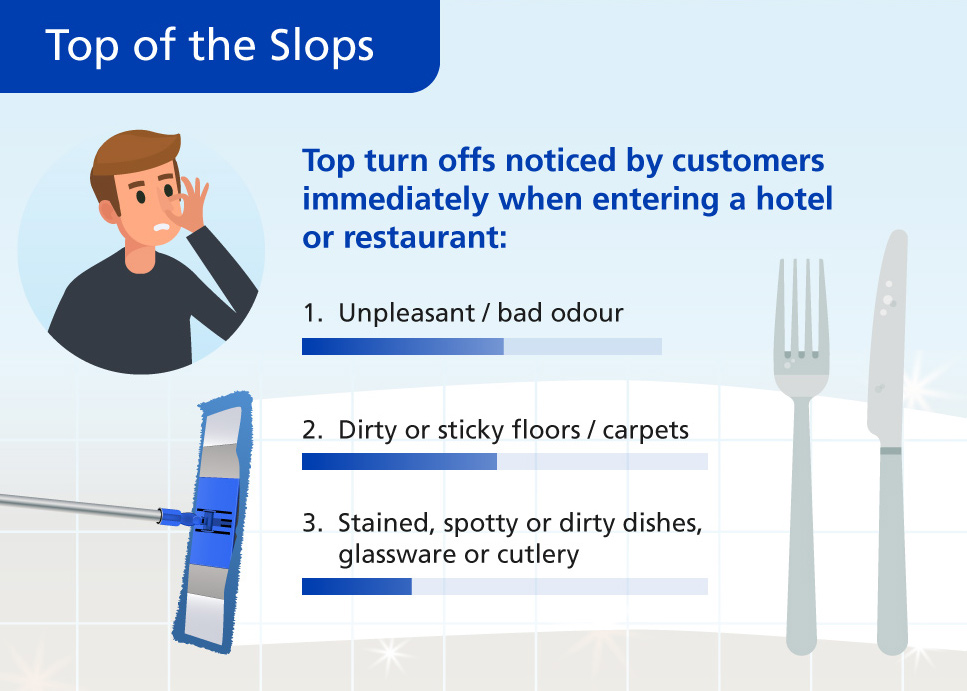
But when a lacklustre dining experience does occur, only 12 per cent would take up the issue with the manager of the establishment, while three in 10 would report their distaste to a member of staff.
It also emerged one in eight fill their friends and family in about grubby eateries they come into contact with.
And this word of mouth factor is important, as 56 per cent of those surveyed said they decide where they want to eat based on recommendations from people they know.
It also emerged 29 per cent of Brits have even been so incensed by unhygienic practices in a restaurant they have posted a negative review online to warn others.
Of those who have written a negative review, one in 10 took issue with unhygienic toilet facilities, and 14 per cent couldn’t abide the grime on their crockery and cutlery.
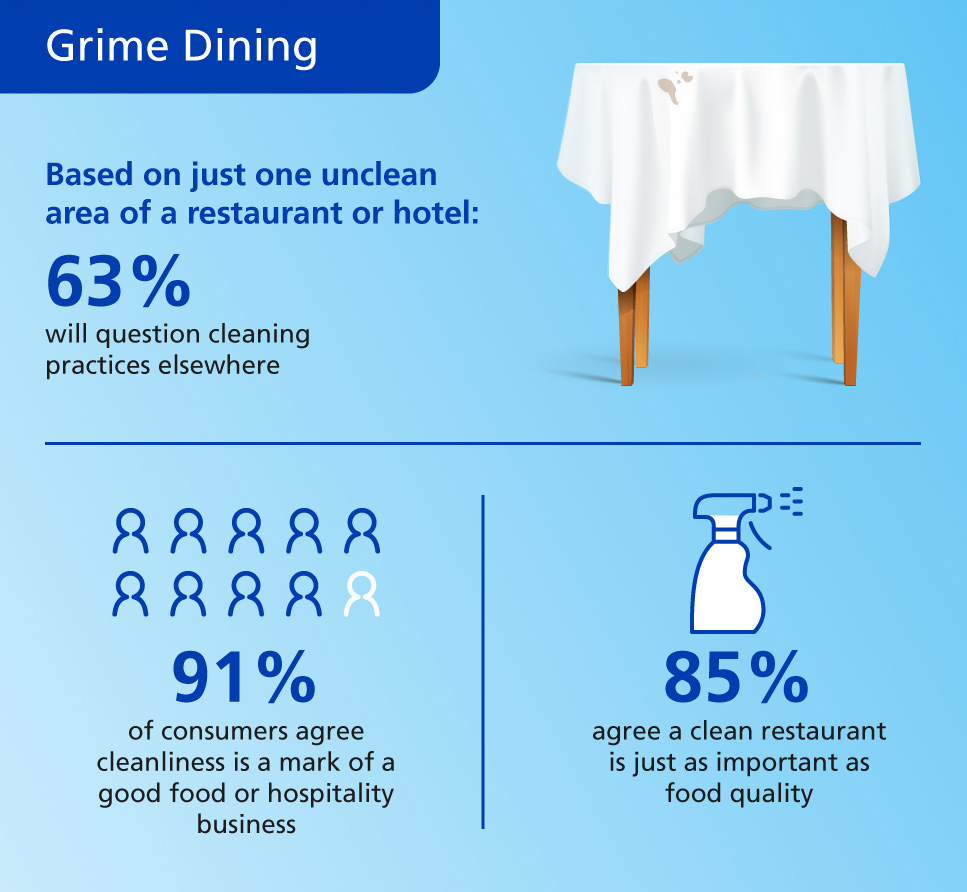
In fact, cleanliness is vital to the dining experience, as nine in 10 Brits believe good hygiene standards are an indicator of a reputable restaurant.
And 85 per cent consider the cleanliness of an eatery just as important as the taste and quality of the food they prepare.
More than a third would even be willing to pay more to eat at a restaurant with exemplary hygiene standards.
While almost two thirds said just one unclean area in a restaurant is enough to make them suspicious of the hygiene standards elsewhere on the premises.
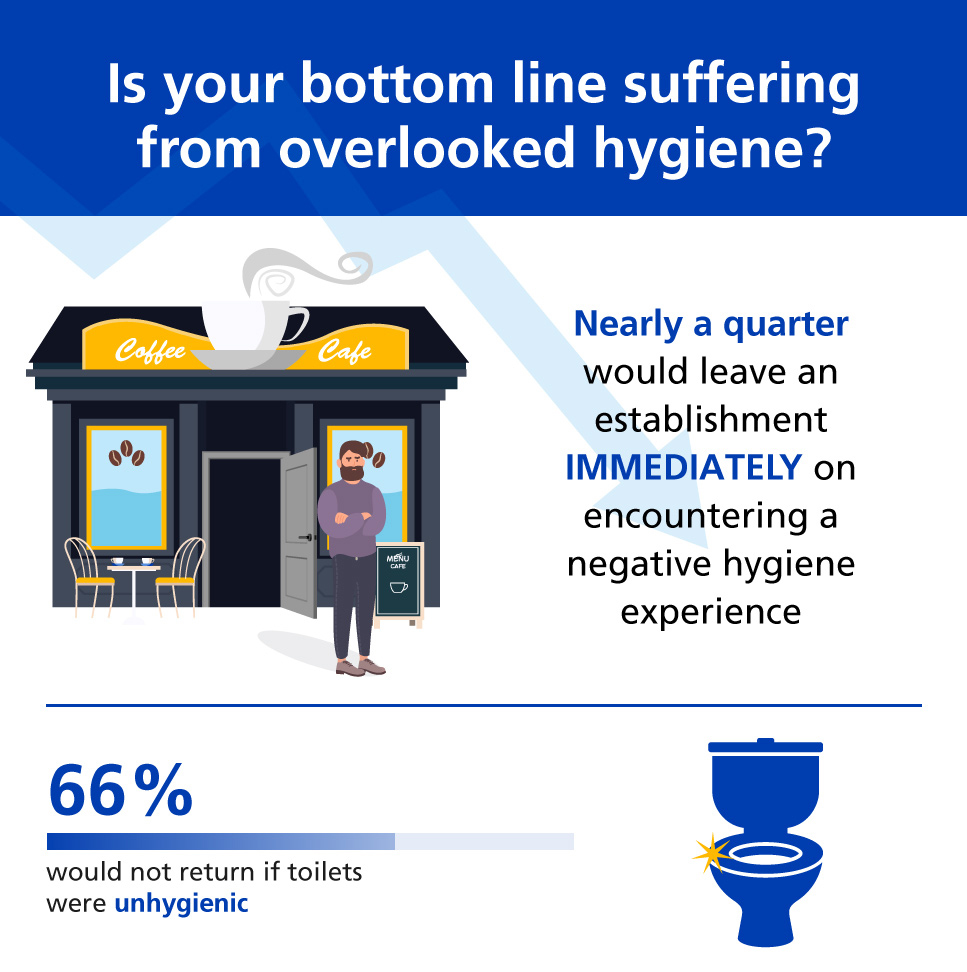
It also emerged official hygiene ratings are also important to diners, with 44 per cent regularly noticing the hygiene star-rating in the window of a restaurant before they head in to eat.
And 27 per cent won’t consider giving their business to an eatery unless it has achieved a rating of four stars or above in its most recent hygiene check.
Greg Elmore added: “It’s understandable restaurateurs are most likely to have their minds on the kitchen, the food and the service they provide to their customer.
“But it is important to ensure the basics, like keeping clean, hygienic facilities on the premises, is maintained, as delicious food isn’t always enough to ensure an enjoyable dining experience.”
TOP TEN RESTAURANT TURN-OFFS
1. Unpleasant/bad odour
2. Dirty or sticky floors/carpet
3. Stained, spotty or dirty dishes, glassware or cutlery
4. Sticky tables
5. Slow service / rude staff
6. Cleanliness of public area
7. Appearance of customer service staff
8. Dirty plates and crockery
9. Good/fresh/clean aroma
10. Noise levels / disruptive customers

